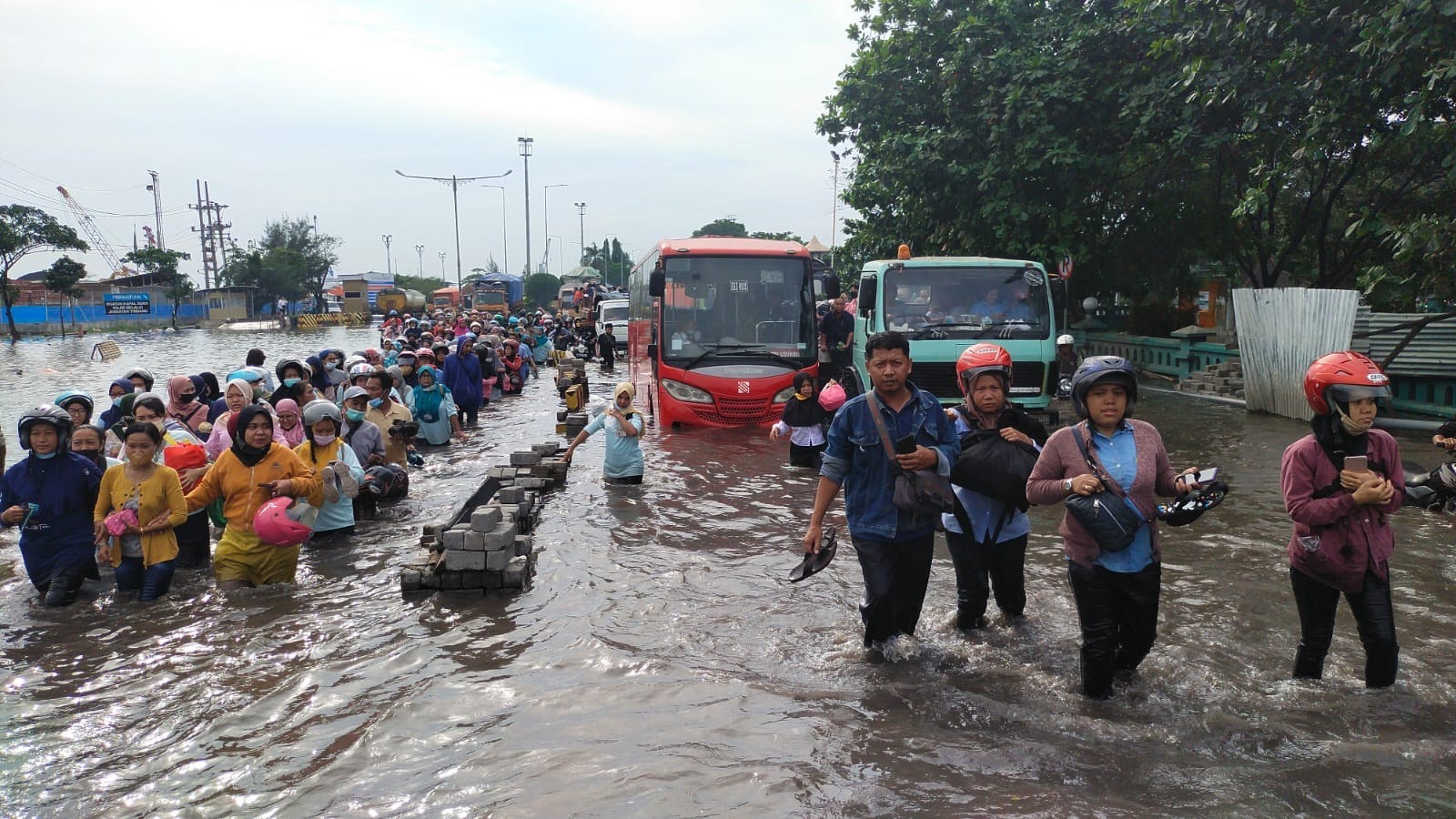Remove far from me falsehood and lying; give me neither poverty nor riches; feed me with the food that I need, or I shall be full, and deny you, and say, “Who is the Lord?” or I shall be poor, and steal, and profane the name of my God. (Proverbs 30:8-9, NRSV)
As I began to write these words, Cyclone Freddy was wreaking havoc in Malawi and Mozambique. As I thought about our congregations there, I was reminded of the words I heard from a participant in our last Assembly: “Creation care is a topic of interest to the churches in the north. We are more interested in spiritual matters.” With that phrase, a leader from one of our churches stated his disagreement with how Mennonite World Conference included creation care as an essential theme in the 2022 global Assembly.
Given the reality of climate change and the crises caused by it in recent years, such a statement surprised me. Climate issues have become another issue of political polarization in our societies. Amid fear and guilt, arguing about facts and fake news, is it possible to find hope and healing for a divided world? Can we speak of our call to care for creation as a profoundly spiritual issue that goes beyond the current climate crisis?
Following the teachings of the Scripture, the spiritual disciplines of simple living and contentment have been a part of Anabaptist spirituality for many years. We can recall here the biblical ideas of
- living with what is necessary (cf. Luke 11:3),
- stopping work to rest (cf. Exodus 20:10),
- avoiding accumulation (cf. Luke 12:15-21),
- not stressing about economic needs (cf. Luke 12:22-31) and
- practicing generosity (cf. Luke 18:22-25).
These biblical teachings and others have shaped the Christian disciplines of simple living and contentment for centuries. These disciplines go directly against the values of a society that wastes and consumes excessively, that encourages the search for happiness in material things, and that encourages the egocentric accumulation of wealth as a means to achieve security. The climate crisis that today threatens to destroy our planet is primarily the result of our voracious appetite that consumes without being satisfied and does not spare the consequences of a life that always needs more in its vain search for satisfaction, identity and affirmation.
In our Anabaptist tradition, how we live our everyday life is a profoundly spiritual issue. The decisions we make about our lifestyle are deeply spiritual. Talking about how they affect the environment, taking into account the divine invitation to care for and administrate creation (cf. Genesis 2:15) is not only spiritual; it is an urgent imperative in the face of the growing climatic calamities that affect the most vulnerable communities in the world, where, by the way, most of our local congregations are located today.
These are some reasons why Mennonite World Conference established a global, multicultural task force (Creation Care Task Force) to lead our Communion on this issue. That is why this issue of Courier discusses topics related to the care of creation from different cultural and theological perspectives. That is why we celebrate the creation of resources and initiatives such as those shown in the video Transmission Latin America, where churches from various places share how their faith impacts their relationship with nature.
I pray that our global community grows in creation care and that my life may develop more and more of the disciplines of simple living and contentment because, as Gandhi said, we need to “live simply so others may simply live.”
— César García, MWC general secretary, originally from Colombia, lives in Kitchener, Ontario, Canada.

